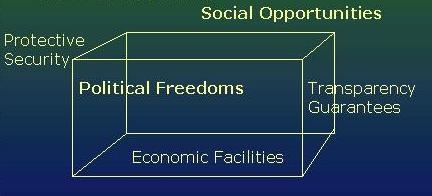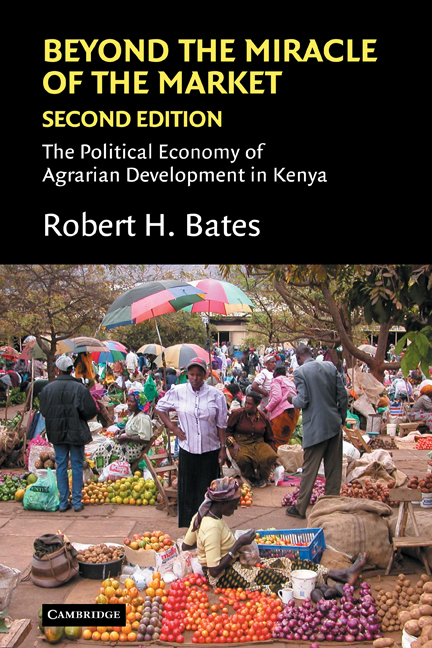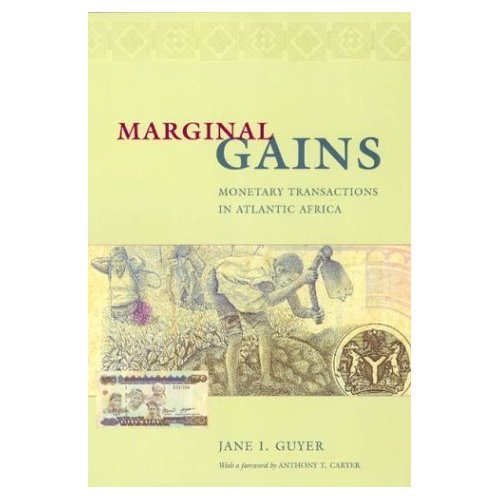The MacBride Commission’s 1980 report to UNESCO, which formulated the basis for the New World Information and Communication Order (NWICO), and eventually for the WSIS, concentrated on global issues of media and communication. Among the many themes investigated in the report that resonate today, the role of international governance bodies for both fostering and regulating media and communications stands at the fore. In particular, a lingering dissonance between institutions’ stated purposes and their effective practices highlights the longest-standing struggles incumbent upon global IT governance.
Continue reading
Category Archives: academic

Reflection – Appadurai, Pogge, Singh
The ethical position taken by academics and intellectuals with respect to the objects of their attention – research, theory, intervention – arises from a combination of environmental, institutional, and personal (i.e. political) commitments. When those commitments come into conflict, the ethical positions taken or implied by knowledge producers face the possibility of transformation. And, where globally interconnected lives at both macro- and micro-scopic levels are concerned, the conditions of possibility of change are omnipresent and intense. Arjun Appadurai (2000) summarizes the root of these conditions as a “growing disjuncture between the knowledge of globalization and the globalization of knowledge.”
Continue reading
Proposal – National Webs and Continental Institutions in the African Atlantic
The global scope of digital communications technologies arises in concert and conflict with the international institutions, policies, and market conditions that sustain the development and implementation of each layer of that technological stack. From transfer control and internet protocols to the cables themselves that provide their physical backbone, each element of contemporary information/communication technologies has undergone significant deliberation and evolution. While adoption of mature, stable ICTs continues to grow, it is not yet a fact of life for the vast majority of the world’s citizens. However, the negotiations of global governance institutions over these technologies, both private and transparent, have lasting impacts on the conditions of access to new communication opportunities and the ability to implement technological responses to developmental, political, economic, and social problems at the local level. Continue reading

Reflection – Sen – Development as Freedom
One is struck, floating through Amartya Sen’s argument in Development as Freedom, by the sheer complexity that policymakers face when confronting entrenched conditions of poverty, inequality, and coercion. Incentives to increase productivity or efficiency in markets cannot, in themselves, abate these structural problems, because the aspects of development that bolster economic agency must simultaneously address governmental and cultural practices. Sen’s position, then, that freedom is both instrumental to development and constitutive of it, comes as a concrete and coherent rejoinder to those whose assumptions that certain cultures depend on illiberal traditions to function. Continue reading

Charts
This collection of visualizations of open data feeds some background work for the dissertation proposal. It’s an attempt to find open areas for questioning. Some issues that can be noted from these graphs: Why does the pattern of Internet adoption in the region under discussion diverge from that of the global aggregate? What are the mutual effects of human development, political changes, economic patterns, and technological movements over time? Finally, what, if anything, do these numbers tell us about the relations between those in power and those without power in the region? Though the straightforwardly quantitative measurements here appear simplistic, the concatenation of assumptions and abstractions that found them lead to further complexity, not less. So:
The relative positions of the countries that I am studying, in terms of the U.N. Human Development Index:

Review – Bates, Beyond the Miracle of the Market
Beyond the Miracle of the Market addresses broad questions, among which perhaps the broadest, most enduring has occupied theorists for centuries: Why do some countries succeed where others fail? To answer this in the context of late-twentieth century developing nations, Robert Bates constructs a detailed way of thinking about this central issue in economics, which troubles the very position of the State in its course. Markets, and the institutions that dominate their constituencies, take center stage here, while political and social interests form the supporting apparatus and the lenses through which to examine change in those institutions over time. In this way, Bates approaches the questions of growth, stability, and crisis in developing-nation economies without striking either condescending or dismissive tones, and without mistaking patterns for general truths. Continue reading

Reflection – Jane Guyer
The economic anthropology of Jane Guyer, concentrated on Africa’s western and equatorial regions, finds rich expression in this collection of the Lewis Henry Morgan lecture series delivered at the University of Rochester some fifteen years ago. Guyer’s methodological reflexivity brings her implicit and explicit critique to bear on both traditional anthropology and traditional economics, the result of which is a nuanced, multivariate logic of exchange and decision-making that brings close contextualization to the fore of questions that might otherwise veer impossibly into the abstract. Historically grounded and empirically driven, Guyer elucidates the curious interplay between formal and informal markets in Atlantic Africa, particularly the role of circulation of multiple currencies at once. Continue reading
Jepchumba | African Digital Artist

Reflection – U.N. Human Development Report 2001
A decade ago, we imagined development in the context of technology as a sprawling task, beset on all sides by uncertainty and ambiguity about the course of global information flows. As evinced by the United Nation’s annual report, policy and the economy together undergirded the activity of development, while a tangle of both instrumental and classical understandings of available data spanned our understanding of the data that impacted those twin pillars. Our ability to comprehend the status of efforts towards development in historical context – and the technological frameworks through which we formed and communicated that comprehension – put world-views at stake for both developers and those becoming-developed. Meanwhile, we left assumptions of the direction of developmental progress untroubled by ongoing global shifts in technological and cultural patterns. Continue reading

Reflection – World Bank Development Report 1998-1999
A decade ago, we imagined technology in the context of development as a duality: challenge and opportunity. The World Bank’s research and rhetoric laid bare the stakes of their development strategy, through which knowledge in its macro-level forms – instrumental and qualitative – could be either directed through technology, or allowed to continue to accrue as an asset for already-well-positioned groups. Their understanding of the relationship between power and governance played a crucial part of this strategy. However, as the implications for policy put forward by the report make clear, this epistemological schema does not inquire after the roots of globalization or the impacts of changing forms of sovereignty. Continue reading